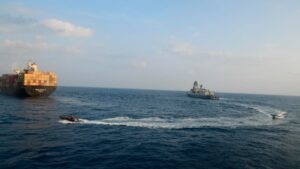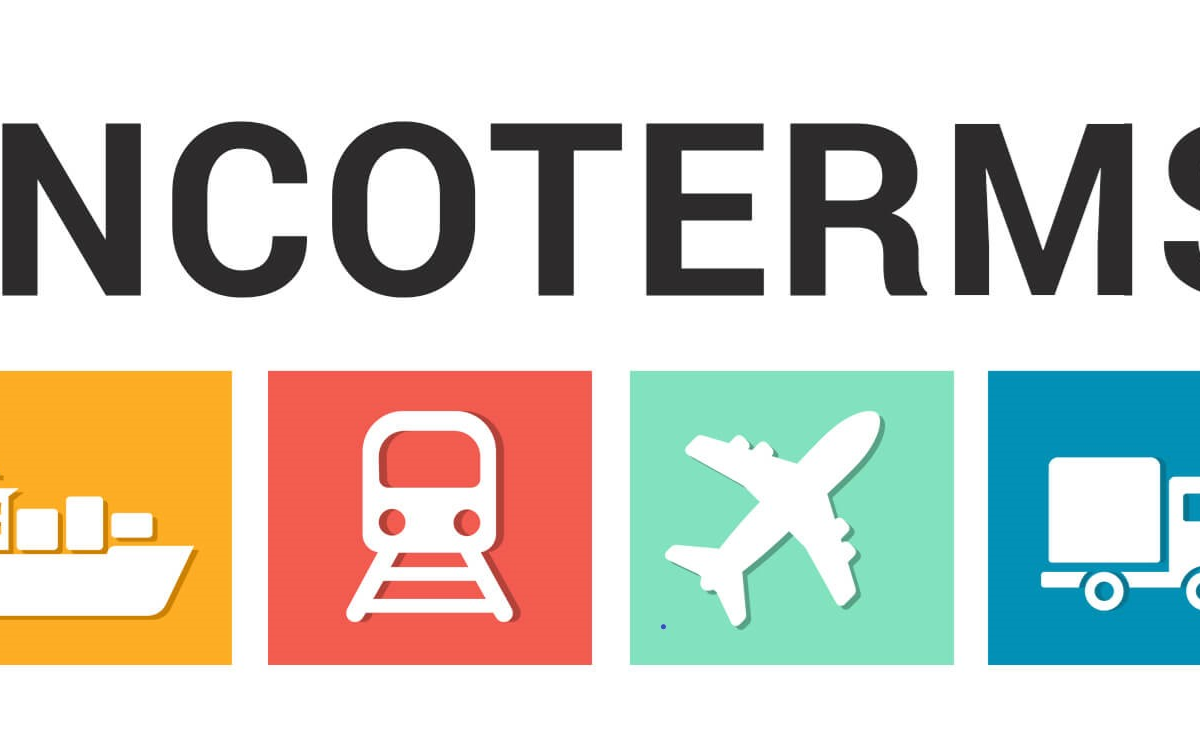
This is written by Austin Garcia
Houthis Resurface: Renewed Tensions in the Red Sea
After a long quiet period, the Houthis are active again. They recently tried to attack the USS Harry S. Truman aircraft carrier. This followed U.S. airstrikes in Yemen. Houthi spokesperson Yahya Sare’e claimed the attack. He said they launched 18 missiles and a drone. They targeted the Truman Carrier Strike Group. This happened in the northern Red Sea.
U.S. Central Command has not commented. But a senior defense official confirmed some facts. U.S. warships intercepted a dozen drones. These drones were targeting the strike group.
This is the first Houthi attack claimed on U.S. warships since January 19. That’s when a ceasefire between Hamas and Israel began. Since then, no Houthi attacks on shipping were reported. This is according to UK Maritime Trade Operations.
However, the bigger picture is complex. The Houthis increased attacks in late 2023. This was after the Gaza conflict started. They targeted military and commercial vessels. This aggression disrupted transit. It affected one of the world’s busiest waterways.
The Biden administration led a coalition. About 20 nations joined in early 2024. They aimed to secure the Red Sea. This coalition took various actions. They launched retaliatory strikes. They intercepted drones and missiles. These operations protected international shipping. They maintained freedom of navigation.
The latest U.S. strikes were a response. Houthis announced new attacks on Israeli vessels. These would be in the Red Sea and Gulf of Aden. They said it was for Israel’s aid blockade in Gaza. These events show complex regional tensions. Iran, Israel, and Yemen are all involved.
Why U.S. Bombed Houthis During Market Correction
The U.S. bombed Houthi targets. This happened during a stock market correction. It might seem linked. But the main reasons were about security and politics. The U.S. strikes directly responded to Houthi threats. These threats were to international shipping. They affected navigation in the Red Sea. This waterway is vital for global trade.
The stock market correction had its own causes. These included rising tensions. Oil prices were also unstable. Investors felt uncertain. U.S. military actions aimed to secure trade routes. This helps stabilize a region key to energy supplies. It also helps global commerce. Securing the Red Sea reduces market risks. It prevents supply chain problems. It also helps avoid oil price surges.
The bombings were not directly tied to the market drop. But both show how instability connects. Geopolitics and economy are linked. The U.S. wanted to cut a rising threat. This threat could have worsened economic pressures. This was during an already uncertain time.
Impacts on U.S. and Global Supply Chains
Renewed Red Sea instability has big effects. It impacts global trade and supply chains. The Red Sea is a critical choke-point. It handles goods between Europe, the Middle East, and Asia. Long disruptions could mean higher shipping costs. They could also cause delays. This would worsen inflation worldwide. For the U.S., energy security faces risks. Conflicts in this region often push oil prices up. This can affect many industries.
Global supply chains are already stressed. This is from pandemic recovery and tensions. They could see more bottlenecks. The broader impact of the attack highlights connections. Geopolitical events link to economic stability. Securing trade routes remains a top goal. This will lessen economic fallout. It will also prevent major trade disruptions.
At TradeFlex, we help businesses succeed.
We help you with:
- Your Business Plan: We analyze your business model. We create custom strategies for you.
- Making Goods: We help manage your manufacturing. We improve sourcing methods.
- Tariff Costs: We work to lower your import duties. We use smart strategies to save you money.
- Following Rules: We manage customs compliance. We offer advice on regulations. This helps you avoid fines.
- Saving on Duties: We provide programs to reduce duties.
- Supply Chain Design: We optimize your entire supply chain. We make it more efficient.
- Moving Goods Across Borders: We offer cross-border solutions. This ensures efficient and cost-effective operations.
We have over 30 years of experience, we help businesses “land softly in Mexico.” This makes operations smooth. Our tariff expertise helps customers. We face challenges with smart plans.
Work with us today! Visit https://trade-flex.com.



